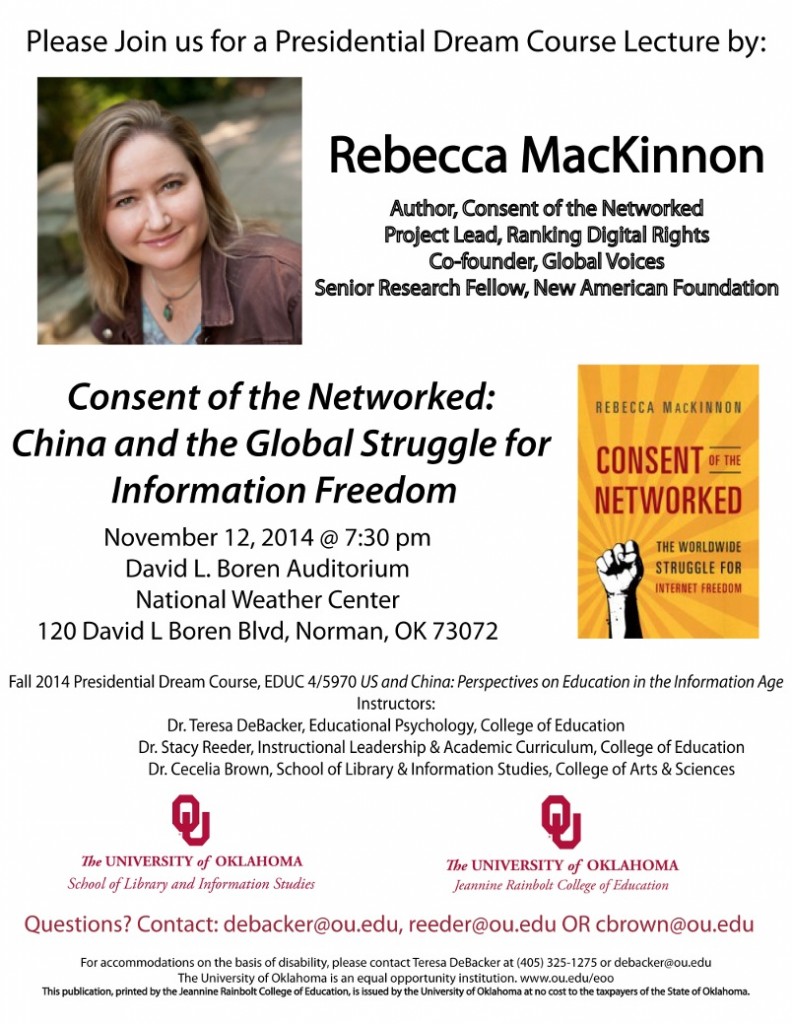My dissertation, entitled “The Social Shaping of Cloud Computing: An Ethnography of Infrastructure in East St. Louis, Illinois” is now available online via the Illinois Digital Environment for Access to Learning and Scholarship (IDEALS). My committee members included: Christian Sandvig (advisor), Linda C. Smith, Dan Schiller, and Rayvon Fouché.
Here is the abstract:
This study investigates the infrastructural tensions that shaped a cloud computing software implementation within a community-based organization in East St. Louis, Illinois. A community-based organization provides nonprofit social welfare services to low-income residents within a specific geographic location. In East St. Louis, 100 percent of the local school children are eligible for the free and reduced-price meal program, which is a common measure of poverty. Previous studies have focused on the impact of computerization on social workers and welfare organizations. This research instead uses a “social shaping of technology” perspective to analyze the ways in which broader social, institutional, and technical factors shape information infrastructure and its consequences. This eleven-month ethnographic study provides an account of the everyday technology experiences of social workers, managers, and directors in a community-based organization as they used cloud computing services at work.
Three major findings emerged from the study: (1) The tensions between external stakeholder demands and internal organizational needs influenced decisions about how the cloud computing software was configured and implemented; (2) the lack of interoperability between state-mandated and for-profit cloud computing systems, at times, exacerbated these tensions; and (3) the agency of a diverse and resilient group of human services professionals played a significant role in shaping the cloud computing software implementation. In presenting this sociotechnical analysis of information infrastructure, informed by critical perspectives at the intersection of race, gender, class, and technology, this research makes a contribution to the field of library and information science by describing how networked information systems can fail to meet the needs of community-based organizations that provide state-funded public assistance programs. I argue that in order to develop successful information infrastructures in human services organizations, cloud computing software platforms need to be flexible enough to both provide accountability to funders and meet the needs of community-based organizations.
![]() The new issue of the Journal of Community Informatics was just published. The special issue features eight research articles and three “notes from the field” that examine Research Methods for Community Informatics. The issue features an exciting range of insights that should be useful to researchers and practitioners alike.
The new issue of the Journal of Community Informatics was just published. The special issue features eight research articles and three “notes from the field” that examine Research Methods for Community Informatics. The issue features an exciting range of insights that should be useful to researchers and practitioners alike.
